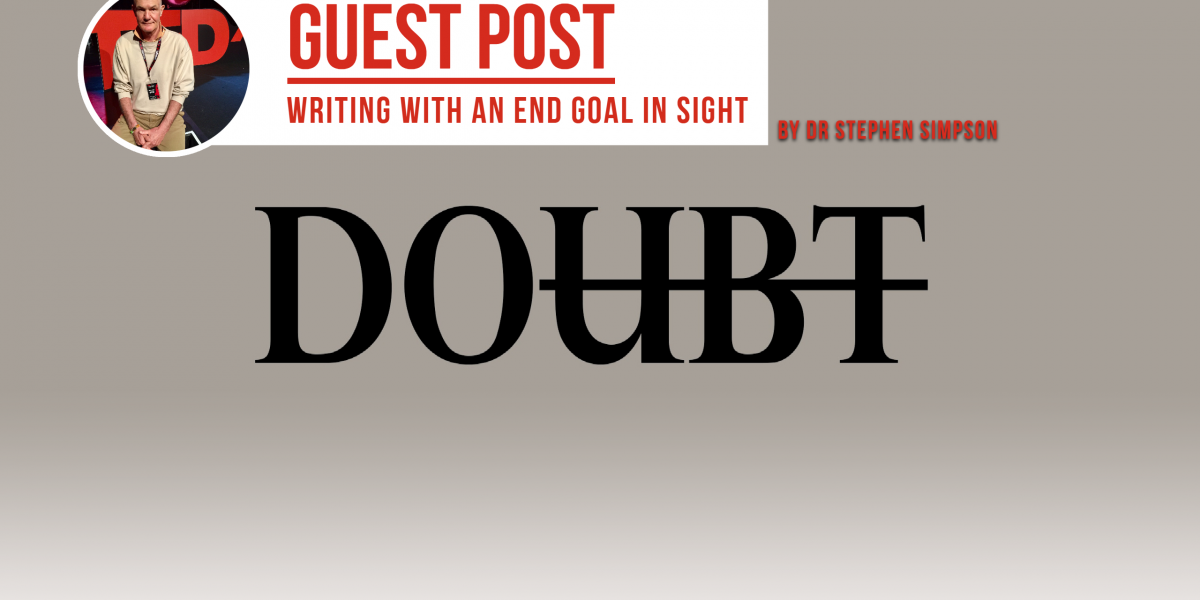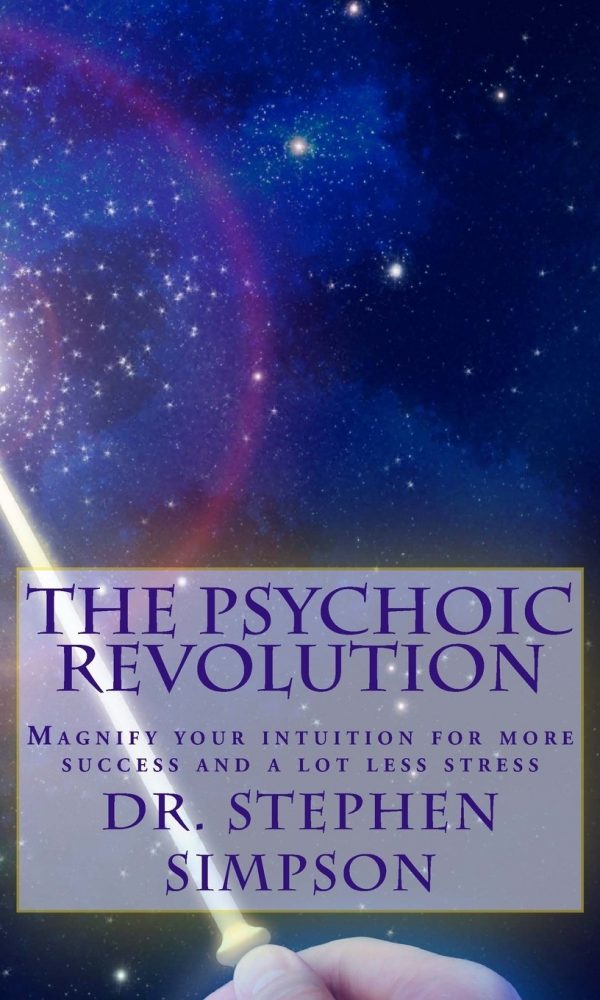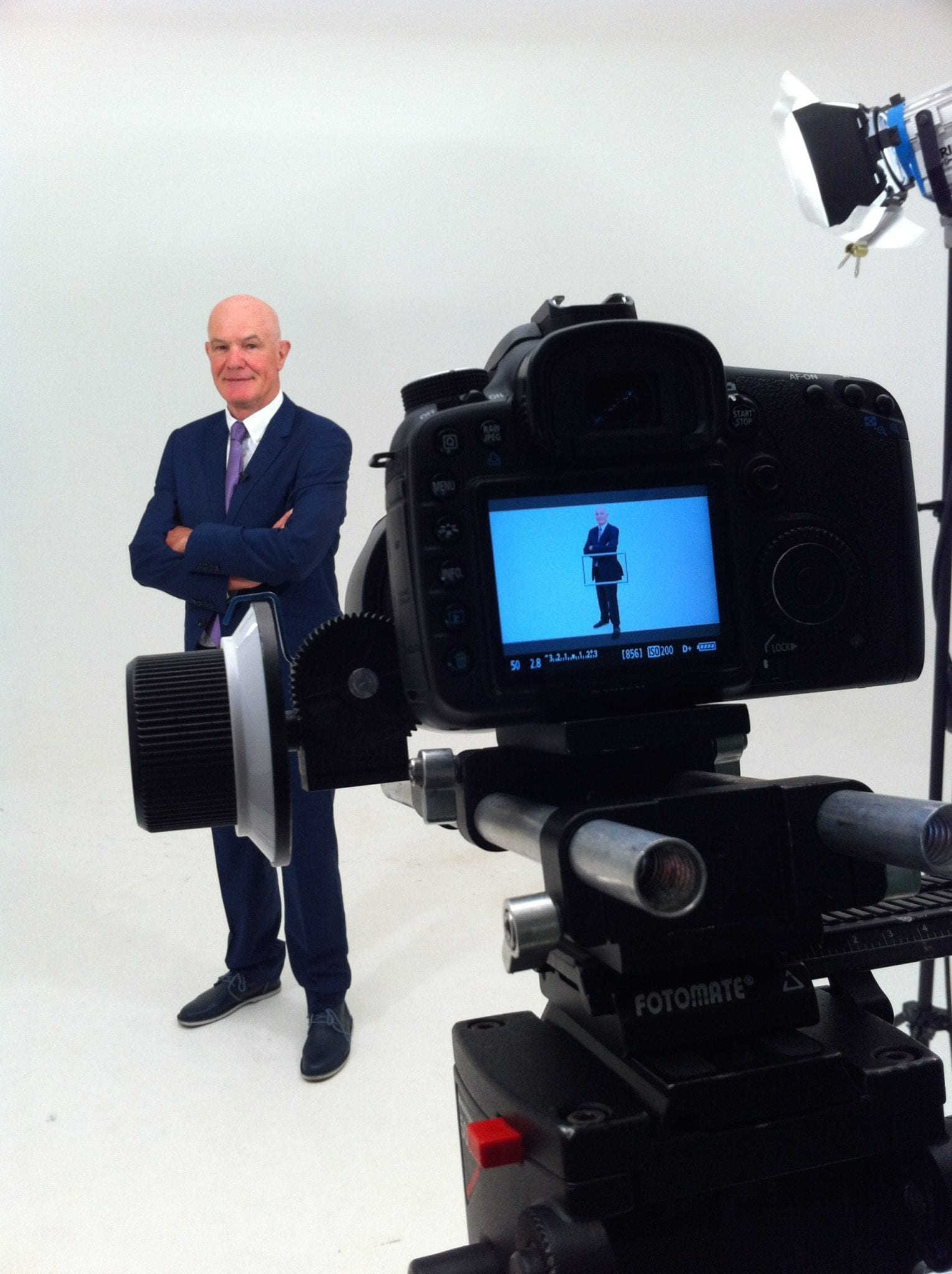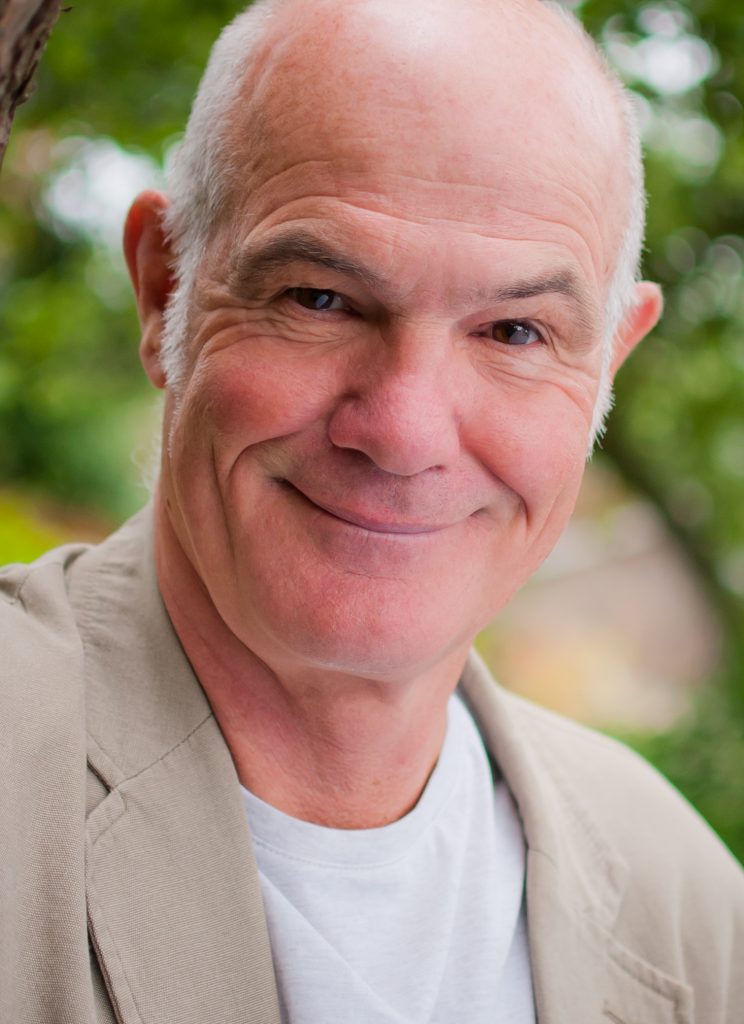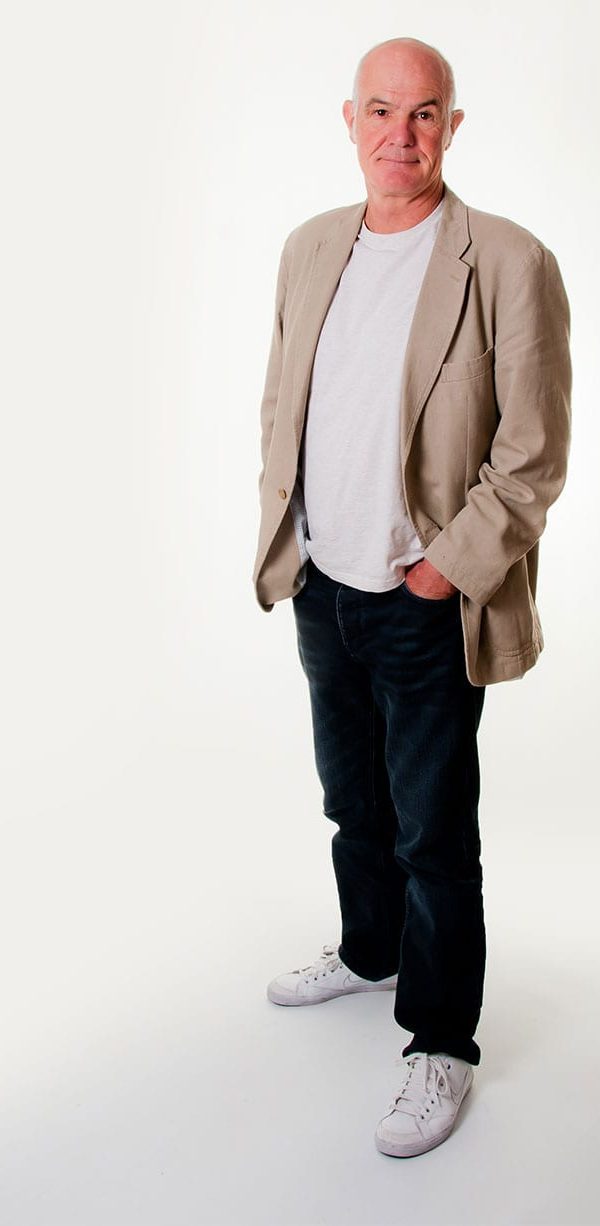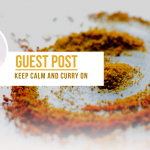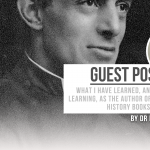How to successfully navigate through the writing and editing process for your new book
By Dr Stephen Simpson
Dr. Stephen Simpson is a Fellow of the Royal Society of Medicine, and Elite Performance Director. He regularly appears on TV and radio, and his clients include leading names from the diverse worlds of sport, business, the entertainment industries, and professional poker.
In the third instalment of his exclusive blog for Palamedes, Dr Simpson discusses how to motivate yourself to complete your book, and how to handle the editing process.
THE FIRST WORD OF YOUR BOOK IS THE HARDEST TO WRITE
Are you ready to start your first book? Is something holding you back? Join the club, many people hesitate to take the first step. Just remember we have evolved over millions of years to take action. The danger is that when we do nothing we do too much thinking.
This is why the first word is the hardest you will ever write. I work as a mind coach with elite performers, and unless they have a clear picture in their mind of what they want to achieve they are unlikely to fulfil their potential.
The same is true of authors.
Visualisation is a much used term in psychology, though what it might mean to one person can be very different to what it means to another person. The reason is that we are all very different by definition.
Let’s try a simple visualisation exercise now. Close your eyes and imagine that you have just completed your first draft of your manuscript. How does it feel? Hopefully it makes you feel relieved to have reached a milestone, satisfied, or even excited. You might feel that the hardest part of the job has been completed, and you may be right. Remember this pleasant feeling, and bring it back in the days to come, particularly when your motivation is low.
Bear in mind what I said earlier about every person being different. After having written more than 20 books and numerous blogs and articles the way I feel after finishing the first draft does not give me a warm feeling. Without question there is a sense of satisfaction, but also a sadness that the part I regard as being the most fun is now complete.
ROLL UP YOUR SLEEVES AND TAKE A DEEP BREATH
What lies ahead is the grind of the editing process, decisions about how and where to publish the finished work, and whether to engage the help of professional editors, literary agents, and marketing experts.
These might just be the parts of the project that you are looking forward to and enjoy the most. If so this is definitely going to have a hugely beneficial effect on your finished book. However if you are not sure where to start I will share my experiences with you in these three key areas of editing, publishing, and finding people to help you.
THE JOYS OF EDITING, OR NOT
Previously Amazon offered editing services as part of their author package, however this service is no longer available. I used the editing service for two of my books and have mixed feelings about the benefits. Most of the feedback highlighted errors in grammar. Their advanced software identified errors that were not picked up by my spellcheck or grammar check, but is this important?
DOES GRAMMAR MATTER?
I am a bit of a maverick regarding grammar. The point of language is to communicate effectively and we have been doing this for thousands of years without having to think about it too much. My view is that grammar for grammar’s sake is an artificial construct that can inhibit effective communication. Having said this I did correct most of these errors that surfaced with Amazon, but feel I paid a heavy price for this.
Language should flow and have a cadence as close to the spoken word as possible. Think Shakespeare, think Dylan Thomas, think fairy tales. It is sometimes not what you write that is important but how it is written that engages readers. A manuscript that is grammatically correct in every area can too often feel stilted and artificial.
THE PUBLISHING REVOLUTION
It was not many years ago when there were only two choices of how to get your book published. If you were lucky a major traditional publishing house would accept your manuscript, provide you with an editorial team to guide you, pay you an advance royalty, and take care of all the marketing. They would also pay you an additional royalty on every copy sold, although this would be a small amount.
Authors would sometimes send more than 100 letters in the hope of one publisher acceptance. Frankly it was a lottery and many great books were never published as a result. JK Rowling made multiple applications and eventually got lucky. Traditional publishing houses are now even more cautious about accepting new authors. A notable exception is cookery books, and the market clearly has a huge appetite for them.
In earlier times if your efforts to attract a publisher failed the only other option was to pay for your book to be published. This is sometimes perhaps unfairly called a vanity option.
Fortunately we now have a third option, and this is to self-publish with Amazon. Whether you love the company or loathe it there is no question that when Amazon decide to do something the world is never the same again.
So what is the Amazon experience like for the author? I will share my experiences with you including the good, the bad, and the ugly. One thing is for sure, whichever publishing option you choose you need to have some knowledge of how Amazon operates.
This will be the subject of my next blog, and will also include the pros and cons of engaging professional editors, literary agents, marketing experts, and other sources of help.


